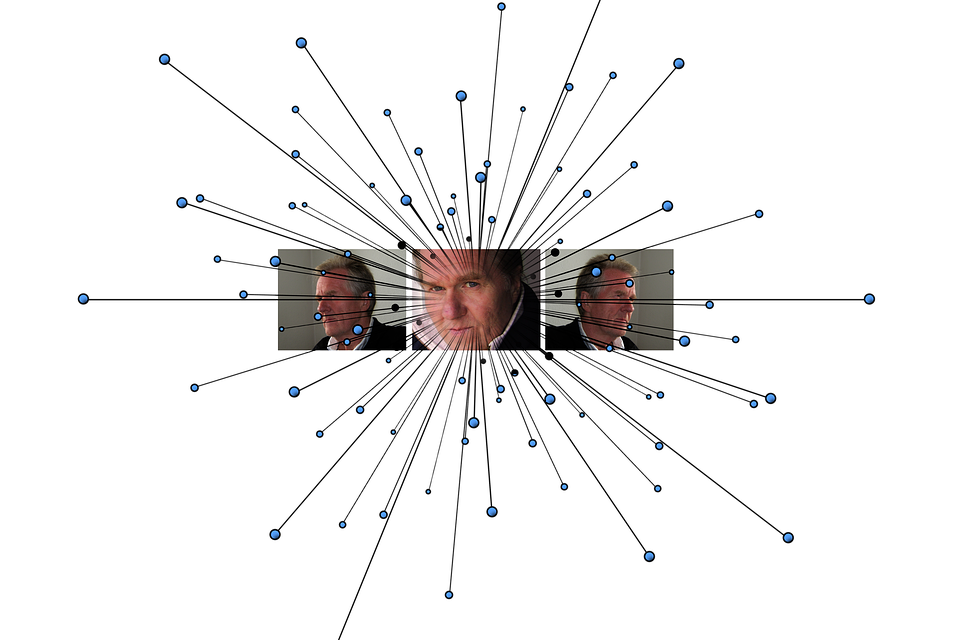In the age of digital transformation, machine learning (ML) is revolutionizing numerous sectors, with healthcare at the forefront of this technological evolution. The application of ML in healthcare extends beyond mere data analysis; it is reshaping patient care, streamlining operations, and enhancing research outcomes. This article delves into the various ways machine learning is breaking down barriers in healthcare innovation, addressing challenges, and paving the way for improved patient outcomes and operational efficiencies.
Transforming Diagnosis and Treatment
One of the most significant applications of machine learning in healthcare lies in its ability to aid in diagnosis and treatment. Traditional diagnostic methods often rely on the expertise of healthcare professionals, which can lead to variability and bias. Machine learning algorithms, however, can analyze vast amounts of data—such as medical images, genetic information, and patient history—much faster and often more accurately.
Case Studies in Diagnostic Accuracy
-
Radiology: ML algorithms can analyze X-rays, MRIs, and CT scans, identifying patterns that might escape the human eye. Studies have shown that deep learning models can outperform radiologists in detecting certain conditions, such as lung cancer, allowing for earlier interventions and improved prognosis.
- Pathology: In pathology, ML can enhance the identification of disease markers in tissue samples. Algorithms trained on annotated histological images have demonstrated the ability to distinguish between benign and malignant tumors with high accuracy, reducing the margin for human error.
Personalized Medicine
Machine learning is also paving the way for personalized medicine, tailoring treatments to individual patients based on their unique genetic profiles and health histories. Traditional treatment methods often adopt a one-size-fits-all approach, which may not be effective for all patients.
Predictive Analytics
By employing predictive analytics, healthcare providers can anticipate how patients will respond to different treatments. For instance, ML can analyze past treatment outcomes to predict which oncology patients are likely to benefit from specific chemotherapy regimens, allowing oncologists to customize treatment plans that maximize efficacy while minimizing side effects.
Enhancing Operational Efficiency
The integration of machine learning into healthcare operations is leading to significant efficiencies. By automating routine administrative tasks such as appointment scheduling, billing, and resource allocation, healthcare organizations can reduce overhead costs and focus more on patient care.
Case Studies in Operational Efficiency
-
Patient Flow Management: ML algorithms can optimize patient flow within hospitals, predicting admission rates and streamlining staffing requirements. This ensures that patient care is not compromised due to resource shortages and enhances the overall patient experience.
- Medication Management: Automated systems powered by ML can track medication adherence and detect potential drug interactions, alerting healthcare providers to issues before they escalate. This not only improves patient safety but also minimizes hospital readmission rates.
Addressing Health Disparities
Machine learning has the potential to address health disparities by ensuring that underserved populations receive equitable care. By analyzing social determinants of health, ML can identify at-risk groups and tailor interventions to improve access and outcomes.
Targeted Interventions
For example, by examining patterns in social and economic data alongside health records, healthcare providers can design targeted outreach programs to engage communities that are often overlooked. This proactive approach can ensure that interventions are both timely and relevant.
Ethical Considerations and Challenges
While the promise of machine learning in healthcare innovation is immense, it is crucial to address the ethical considerations and challenges that arise. Concerns about data privacy, algorithmic bias, and transparency must be meticulously managed to ensure that machine learning technologies benefit all patients equally.
Data Privacy
The sensitivity of health data necessitates robust data protection strategies. Healthcare organizations must comply with regulations such as HIPAA in the U.S. and GDPR in Europe to safeguard patient information while leveraging it for ML applications.
Mitigating Bias
Algorithmic bias poses a significant risk; ML models trained on homogeneous datasets may not generalize well to diverse populations. To mitigate this, diverse and comprehensive datasets must be utilized, and continuous monitoring for bias and fairness is essential.
The Future of Machine Learning in Healthcare
Looking ahead, the potential of machine learning in healthcare appears boundless. Innovations such as natural language processing for better patient communication, wearable technology for real-time health monitoring, and advanced predictive modeling are just a few examples of what’s on the horizon.
Conclusion
Machine learning is undoubtedly breaking down barriers in healthcare innovation by enhancing diagnostic accuracy, personalizing treatment, improving operational efficiencies, and addressing health disparities. While challenges remain, a concerted effort to navigate ethical concerns and ensure equitable access will be crucial. As we continue to embrace these technological advancements, the ultimate goal remains clear: to improve patient care and outcomes across the globe.



